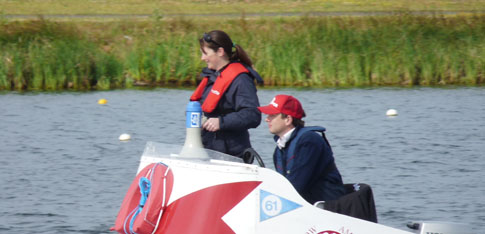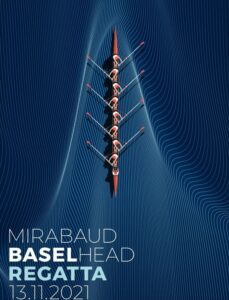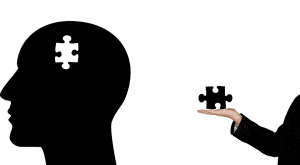Umpires are fabulous, amazing people who run our events but there are some things they do which would be so easy to improve – WHY don’t they realise?


Nobody likes a regatta that runs slow or behind time and everyone realises that it takes time to learn skills like how to back onto a start pontoon. The umpires and marshalls are there to help us but the LANGUAGE you use is not helpful.
Rowing language barriers
Think about this situation – the aligner is getting everyone ready for a race and the stake boat boys and girls are trying hard to follow instructions on whether they need to push each boat back or forwards. Which of these phrases will get the message across faster?
- Back three feet, lane 3
- Lane 3, back three feet
It’s obvious isn’t it? The second one. Because the first words are about the lane who needs to pay attention and the second phrase is the distance instruction. What about this one from a head race start?
- Start rowing, Thames Tradesmen crew 56
- Crew 56 Thames Tradesmen, start rowing
Other situations I’ve seen is when a crew is having difficulty backing onto a stake boat. The helpful instructions are really good but because of the sequence of sentences it all takes longer to execute.
What do you think?
Any Umpires ready to tell us how you get trained and whether this is mentioned? Hat tip to inspiration from Kayleigh Durm’s post from the weekend
The biggest thing that annoyed me though was the coxswain’s meeting. There were probably 200ish coaches and coxswains crammed into this little picnic pavilion and the head official thought that the best way to give directions when explaining how to get to the starting line, what side to pass on during the head race-style heats, etc. was to say “move that way”, “come this way”, “don’t go too far to that side”, “when you come up you’re gonna have to do this [using hand motions that maybe only 20 people can see]”, etc. At one point a coach spoke up and said “can you please use ‘port’ or ‘starboard'” so that everyone could understand where they needed to go.






